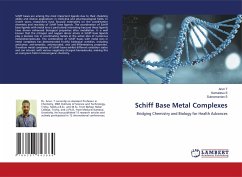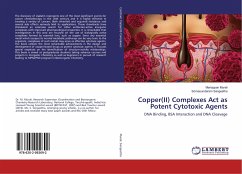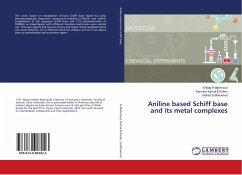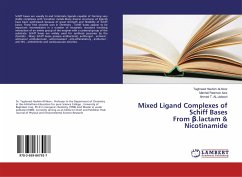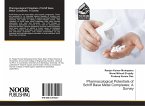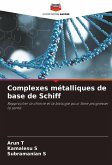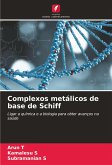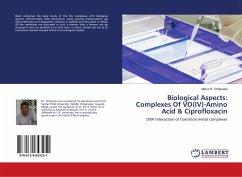Schiff bases are among the most important ligands due to their chelating ability and diverse applications in medicinal and pharmacological fields. In recent years, researchers have focused extensively on the coordination chemistry and reactivity of Schiff base ligands. The coordination of Schiff base ligands with metal ions is particularly interesting because these ligands have shown enhanced biological properties after metallation. It is well known that the nitrogen and oxygen donor atoms in Schiff base ligands play a decisive role in coordinating metals at the active sites of numerous metallobiomolecules. The combination of Schiff bases with metal ions in metal complexes has demonstrated fruitful biological activities, including antitumor, anti-amoebic, antimicrobial, and anti-inflammatory properties. Transition metal complexes of Schiff bases exhibit different oxidation states and can interact with various negatively charged biomolecules, making this an evergreen field in bioinorganic chemistry.
Bitte wählen Sie Ihr Anliegen aus.
Rechnungen
Retourenschein anfordern
Bestellstatus
Storno

